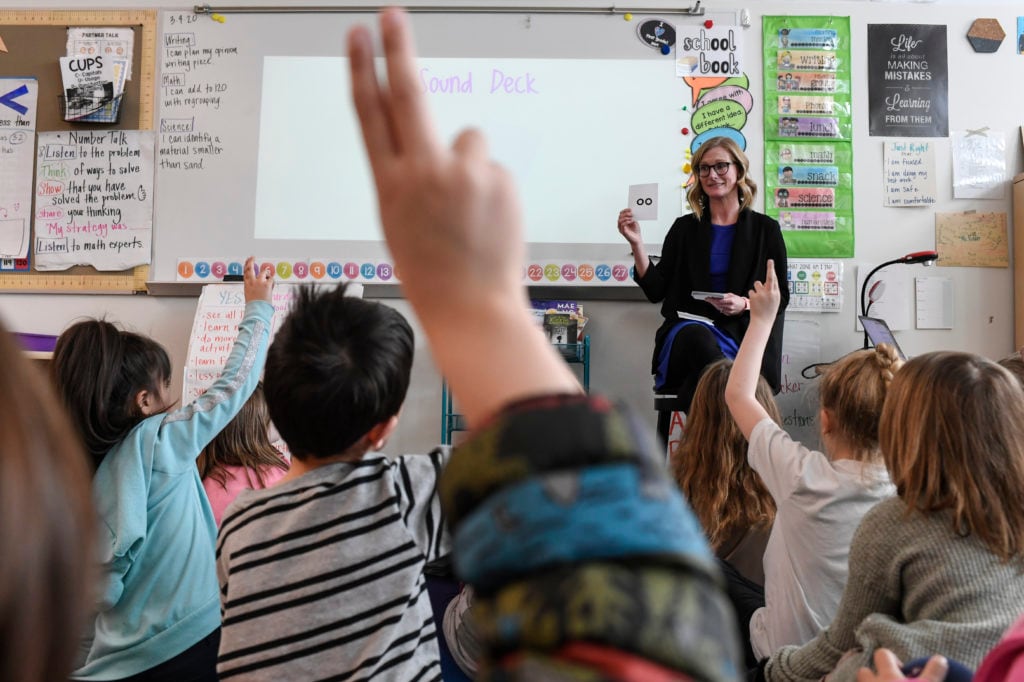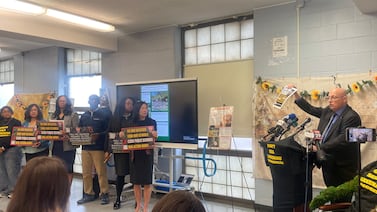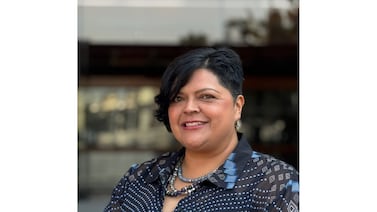Two schools recently severed ties with one of Denver’s innovation zones, with Denver Public Schools resuming full oversight of the schools. The move comes after the school district raised concerns with the zone’s operations and its leader resigned.
The staff members at two elementary schools — Willow Elementary and Montclair School of Academics and Enrichment — voted to separate from the Northeast Denver Innovation Zone. Formed in 2018, the zone still has four schools in it: Northfield High School, McAuliffe International and McAuliffe Manual middle schools, and Swigert International elementary school.
Innovation zones are groups of district-run schools with more autonomy over conditions like their budget and educator training than other district schools. The zones are overseen by nonprofit organizations whose boards of directors hire an executive director to perform some functions normally done by the school district, such as supervising principals.
The Northeast Denver Innovation Zone lost its executive director in October, when Vernon Jones Jr. announced he would resign from the position. Two months before, the district had sent zone leaders a notice of concern outlining several issues, including that the zone wasn’t providing principals with regular coaching or conducting biannual site reviews.
Given the concerns, the district offered the schools within the zone an opportunity to sever ties with the zone organization midyear — an unusual step, especially given that state lawmakers have prohibited revisions to innovation zone plans this year. Some zone supporters accused the district of violating the state prohibition. District officials disagreed, arguing that they were not asking schools to exit the zone but rather to end their relationship with the organization that provides services to the zone, reverting the schools back to total district oversight.
Two schools — Willow and Montclair — took the district up on its offer, according to a district spokesperson. Entering or leaving a zone requires a majority vote of the school staff.
At Willow, 88% of the staff voted to end the partnership with the zone, a district spokesperson said. The school’s administration and its collaborative school committee, which includes parent representatives, agreed. Principal Amy Gile declined to comment.
At Montclair, 65% of the staff voted to end the partnership with the zone. So did school administrators and the collaborative school committee, a district spokesperson said. Principal Susan Miller-Curley did not return emails requesting comment.
Innovation zones give schools the opportunity to set their own vision and more financial resources to achieve it by allowing them to opt out of paying for some district services and spend that money as they see fit. But the zones are controversial because they often require teachers to waive their union rights. Critics also say zones create redundant management systems, and they question the financial cost to the district.
Concerns with innovation zones resulted in the Denver school board instituting a pause on expanding them last year. When two schools applied to join zones anyway, the board voted them down. In May, state lawmakers approved their own suspension, which prohibits school boards from reviewing or revising innovation zone plans in the current school year.
Denver Public Schools has three innovation zones, including the Northeast Denver Innovation Zone, which is undergoing a redesign in the wake of Jones’ departure. Anne Rowe, a former president of the Denver school board who now sits on the zone’s board, said innovation zones were always meant to allow schools to come and go based on their needs. Willow and Montclair joined last year and were the newest schools in the zone.
As for why they left, Rowe said that the schools “spent the time they needed to talking to their staff and their educators and their community” and “are doing what they believe is best.”
“We are going through a redesign, and it’s taking a lot of good, hard work by school leaders and communities and the [Northeast Denver Innovation Zone] board,” Rowe said. “That’s a huge endeavor. To decide to go through that, you need to think deeply about it.”







